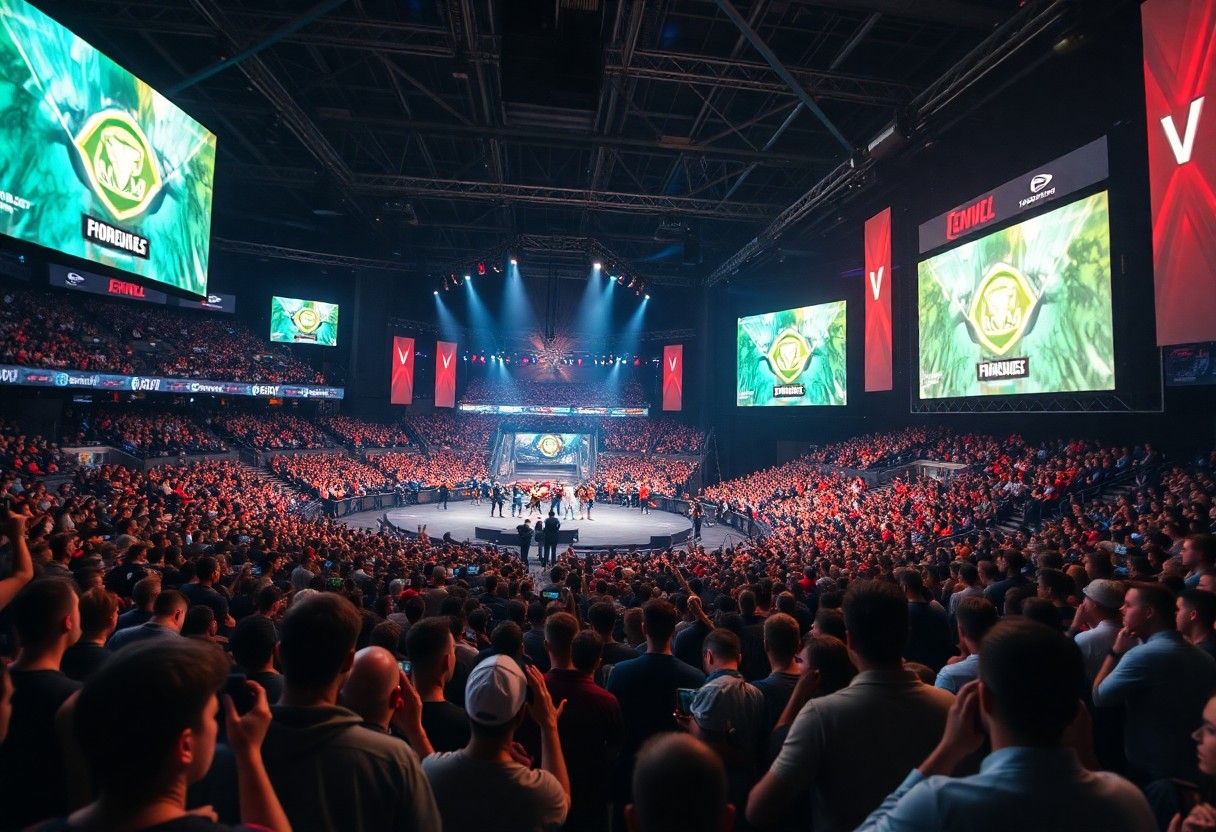Controversies have been an integral part of the esports landscape, particularly in competitive games like League of Legends (LoL). Over the years, various incidents in the LoL scene have sparked debates, highlighted ethical dilemmas, and sometimes even threatened the integrity of the game itself. From player bans to financial discrepancies, the controversies in LoL serve as a reminder of the complexities involved in professional gaming. Here, we explore some of the most significant controversies that have shaped the history of League of Legends esports.
One of the earliest major controversies arose during the 2013 World Championship. The event, which showcased the best teams in the world, was marred by accusations of match-fixing involving the North American team, Team SoloMid (TSM). Although the allegations were later found unfounded, the mere suggestion of misconduct left a shadow over the event and raised questions about the integrity of competitive play. The incident marked the importance of transparency and fair play in establishing a healthy esports ecosystem.
Fast forward to 2015, the infamous “LCS Throw” incident occurred. During an LCS match, players from the team Team Dignitas were accused of deliberately losing a game to manipulate rankings and secure more favorable matchups in future games. This sparked outrage among fans and led to a broader discussion about the effects of financial incentives on player behavior. The incident put both players and organizations under intense scrutiny and drove the need for stricter regulations within the league.
In 2016, the controversy surrounding the League of Legends developer Riot Games hit a new level when accusations surfaced regarding the treatment of their employees and the work environment. These allegations led to a considerable backlash, with players like ‘Doublelift’ and several community members speaking out against the company. As a result, the gaming community called for changes not only in the way Riot Games managed its operations but also in how organizations within the esports sector handled player welfare and workplace policies.
One cannot discuss LoL controversies without mentioning the infamous “C9 Keane” incident involving Cloud9’s substitute mid-laner. In a match against CLG, Keane was found to have made an inappropriate joke during a live broadcast, which sparked outrage from fans and players alike. This situation brought about discussions on the responsibility of players and teams to maintain professional behavior, especially during high-stakes matches.
Another notable controversy erupted in 2020 when the LCS adopted a new format that received backlash for its perceived lack of fairness. Critics argued that certain teams benefited disproportionately from the changes, which led to accusations of favoritism and inequality in competition. This incident not only divided the community but also prompted Riot Games to reevaluate its tournament structure and the principles behind competitive balance.
Ultimately, the controversies in League of Legends esports have provided important lessons for the industry, illustrating the need for consistent governance, ethical standards, and sustained dialogue between players, developers, and fans. As the esports ecosystem continues to evolve, it remains crucial for all stakeholders to push for fair play and uphold the integrity of competition, ensuring a vibrant future for the world of professional gaming.





